In a recent discussion on the Let’s Talk Supply Chain podcast, Shabsie Levy talked about the pivotal role of technology in improving the efficiency of supply chain operations. In early 2019, Levy started Shifl, a digital freight forwarding platform that leverages technology integration to navigate bottlenecks, reduce delays, increase transparency, and improve visibility across the supply chain. Combining the digital automation experience with personnel representative support in multiple locations across the globe, Shifl seamlessly supports small and big customers in their freight operations. Its future vision is to create a freight ecosystem that enables its customers to do business without worrying about logistics management.
How Shifl helps customers stay connected with updates
Levy’s previous experiences in the industry helped him gain insight into bottlenecks such as delays in receiving important shipping updates that slow down operations. Shifl has now evolved into a solution that bridges the gap between the customer’s need to stay updated and real-time updates from ground zero.
Shifl provides its customers with the latest status updates at every step along the way, from the time the purchase order is placed to when the shipment is delivered. Using live statuses gathered from tracking systems, their software helps customers stay updated with the latest piece of information. By doing this, Shifl empowers its customers to make informed decisions and operate their businesses efficiently, even during challenging times.
How Shifl’s flexible payment options help customers stay afloat during tough times
One of Shifl’s most unique offerings is that it allows its customers to pay with a credit card without imposing processing fees. When shipping rates go up, smaller businesses often struggle to arrange the sudden cash flow required to keep their businesses going. The burden of shouldering credit processing fees along with sky-high freight costs puts added pressure on them.
Providing flexible payment options to customers lets them continue their operations without having to incur extra costs to keep going. Customers also receive the added flexibility to float an average of 40-45 days between multiple credit cards. This gives them ample support to keep their business going till things ease and the cash flow comes in.
Levy also pointed out how they went the extra mile to help their customers by talking to insurance companies to get some customers approved for higher credit limits during the last two years when the industry saw some of the highest container rates.
How technology integration works at Shifl
At the heart of Shifl’s core operations is its aim to reduce the disconnect in the industry and harness technology to integrate various systems. Levy explained how the platform functions as a central hub of information. APIs allow it to integrate data from third-party systems into its database and give out data to feed into a different system. For instance, Shifl has partnered with Terminal 49 to receive accurate container and ocean freight tracking data that it can relay to its customers. Additionally, it uses this information to create automation tools and strengthen its integration with third-party systems.
This being said, Levy and his team still have to overcome a lot of challenges to make Shifl a full-service solution. Smaller companies don’t possess API technology even today. Handling complex shipment scenarios such as less-container-load (LCL) shipments are complicated. There are a lot of such scenarios where 100% automation is still not possible. In such cases, Shifl uses manual intervention to sustain. With its manual tracking team constantly gathering updates, Shifl continues to serve its customers across complex scenarios.
How future technology integrations at Shifl will help improve customer experience
Alongside the services it offers, Shifl continues to grow with Levy and their team accelerating ideas and turning their future visions for the company to reality. Levy’s ultimate vision is to create a complete freight ecosystem that lets its customers do their business without worrying about logistics management. In the coming months, Levy and his team are adding tools with greater features for its customers to forecast industry trends, have a detailed look inside inventories, and integrate eCommerce with their platform.
About the Author
 Shabsie is the Founder and CEO of Shifl. He has over a decade of experience in the international supply chain industry along with an extensive background in software and digital innovation. Shifl was founded with expertise of the past and a vision of the future to propel global shipping into the cloud age. With an international presence together with its advanced software, Shifl streamlines your supply chain while eliminating inefficiencies, resulting in transparency and reduced costs.
Shabsie is the Founder and CEO of Shifl. He has over a decade of experience in the international supply chain industry along with an extensive background in software and digital innovation. Shifl was founded with expertise of the past and a vision of the future to propel global shipping into the cloud age. With an international presence together with its advanced software, Shifl streamlines your supply chain while eliminating inefficiencies, resulting in transparency and reduced costs.












